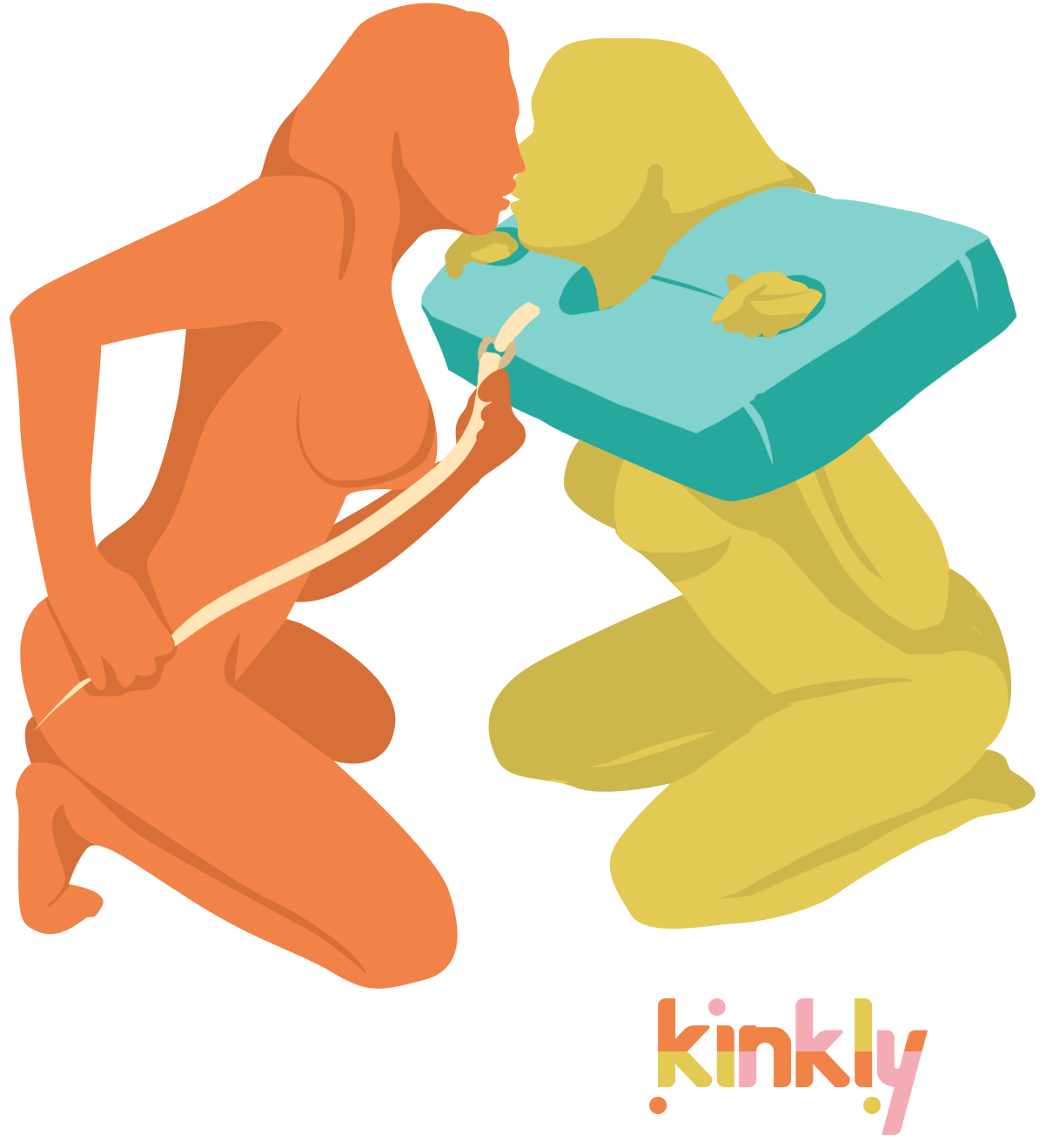Every year there are two months that come up as the epicenter of LGBTQIA Pride and celebration: June and October. This year June Pride will look a little different but in many ways, it will continue on as it has for over fifty years – parades will pop-up, drag brunches will commence, and rainbows will be painted on city sidewalks.
Many major corporations jump on the bandwagon and say that they are devoted allies, often much to the chagrin of the queer community. Similar sentiments arise over people who come to Pride just for the party.
While we have to be careful not to assume who is part of the LGBTQIA family and who is coming in from the outside, there is truth in feeling concerned about people who are not queer being performative allies.
If you are straight and cisgender and you desire to show solidarity and support during Pride, here are three ways to be a present and an active ally that enhances Pride instead of detracting from it.
Read: 14 Pride Purchases That Support LGBTQ+ Communities
Know What Pride Is
Many people even within the queer community don’t know what Pride truly stands for or how it got started.
Pride celebrations are mostly conducted in June as commemoration of the Stonewall Riots and first Pride parade. In June 1969, a riot took place at The Stonewall Inn in Greenwich Village, NY when patrons refused to be harassed and imprisoned by the police who were raiding the bar. This was the norm at the time since being LGBTQ was illegal and if you were caught behaving in a way that police deemed as "unacceptable" you were fined or even sent to an asylum and lobotomized.
The LGBTQIA patrons that night in 1969 decided they would no longer allow this discrimination and started to fight back against the police. This got the attention of the media and a historical paradigm shift began. One year later the people who had rallied gathered again and celebrated with a parade.
Thus, Pride was born.
In October 1979, the first Gay and Lesbian March on Washington took place. This solidified LGBTQIA rights in the political conversation. That is why October is another month when Pride can be held as it is now LGBTQIA history month and the month when National Coming Out Day is celebrated.
Pride is not just a party, it is a rallying cry. It is political. It is a place of joy that is born from great fear and pain. If you come to Pride as an ally, it is important to remember its past and current significance.
Read: 11 Ways You Can Celebrate Pride Virtually
Make Sure You are Coming to Learn and Listen
Part of being an ally is remembering that listening and not always interjecting your thoughts is important to be impactful and welcomed. If you haven’t lived a certain experience, do not try to pretend that you know what it's like. It is vital that you come and take in what marginalized communities are experiencing and the ways you can help.
For example, understanding that transgender women of color are some of the most vulnerable people to experiencing everything from homelessness to homicide is important to acknowledge the very real danger communities face and the emotional toll it takes to exist as a member of that community.
In many countries’, LGBTQIA people can still lose their homes, jobs, and face relentless physical and emotional violence all while their landlord, employer, and assailant are legally protected.
These can be hard realities to hear about, but imagine how much harder it is to live them. Coming to Pride means being willing to be vocal in your support for increasing LGBTQIA people’s rights and unpacking your own biases.
Read: Words From a Bisexual on LGBTQ Pride Month
Be an Ally All Year Long
LGBTQIA folks don’t get to take a day off from being queer. We aren’t just gay for a season, we live with both the joys and changes that come with being queer 24/7/365; the same as being an ally means being an active participant in supporting LGBTQIA rights all year long.
If you enjoy the fun of Pride, you also need to be willing and able to take on some of the emotional labor. Campaigns such as “I’ll Go with You” highlight tools for using your privilege to support those who have to physically and emotionally defend themselves every day. Privilege is a currency and you can use it to invest in those who need it the most.
Have Fun and Be Supportive
Pride is a blast, don’t get me wrong, you should have a ton of fun when you are there. We also really need and appreciate allies, who are willing to understand and support us. However, it is just as important that you dig deeper into what being a part of Pride really means.
We have come a million miles from the first pride 51 years ago, but we still face many major obstacles and harsh realities in our daily lives. Because of this, we need allies that are willing to understand our history, listen to our truths, and support us long after the parades are over.
Happy Pride everyone!

Dr. Laura McGuire (they/them or she/her) is an internationally recognized consultant, survivor, researcher, seminarian, and author of the book Creating Cultures of Consent (Rowman & Littlefield, 2021).
Dr. McGuire is a certified full-spectrum doula, professional teacher, a certified sexual health educator, and a vinyasa yoga instructor. Their experience includes both public and private sectors, middle schools, high schools, and university settings.
They currently are earning their Masters of Divinity at Earlham Seminary where they are studying the intersections of Judaism, trauma-informed care, and restorative-justice in faith settings. Dr. McGuire lives in the United States, where they work as an adjunct professor at Widener University and consultant at The National Center for Equity and Agency.
















